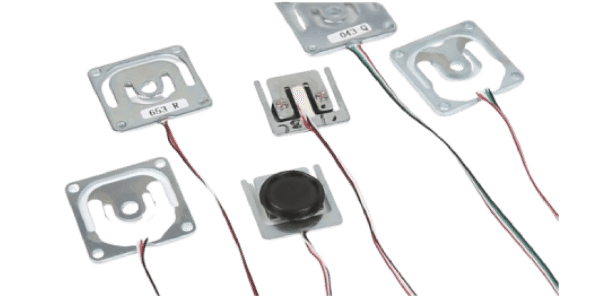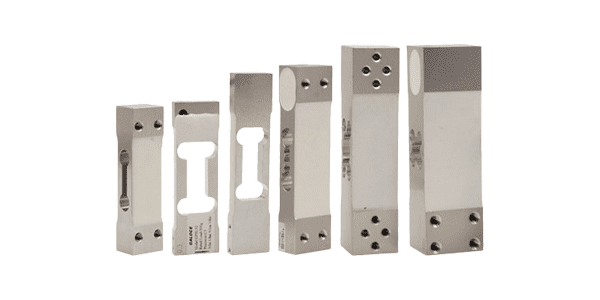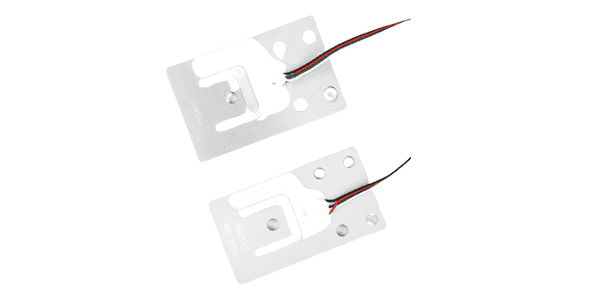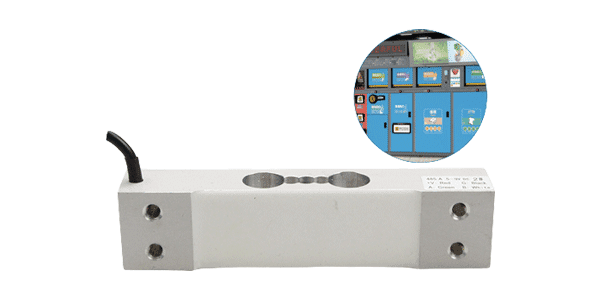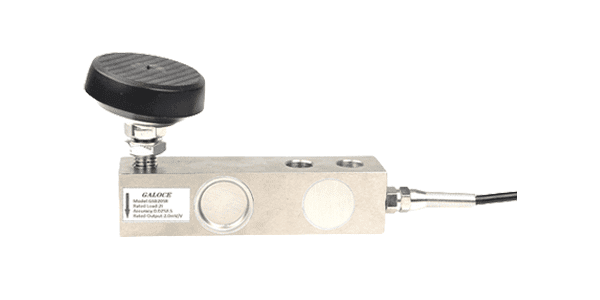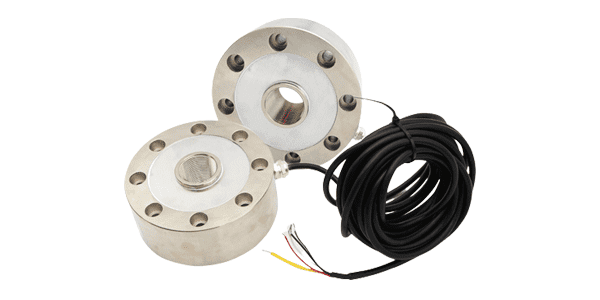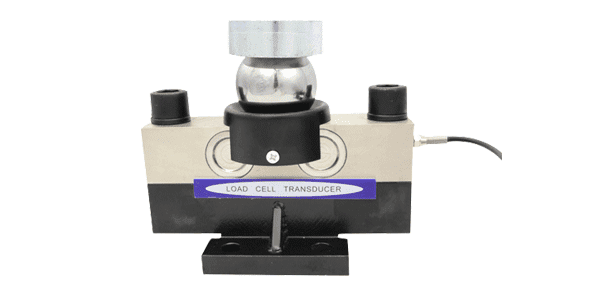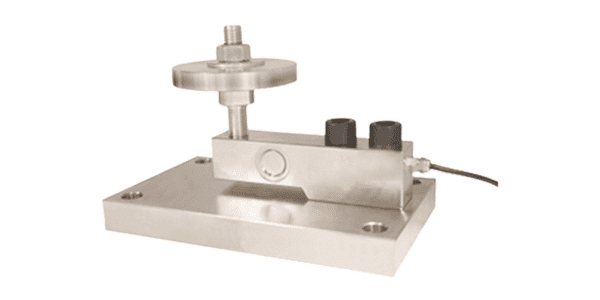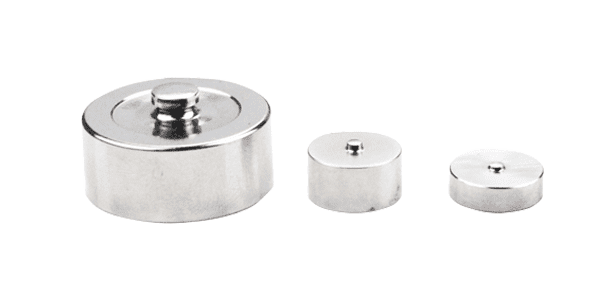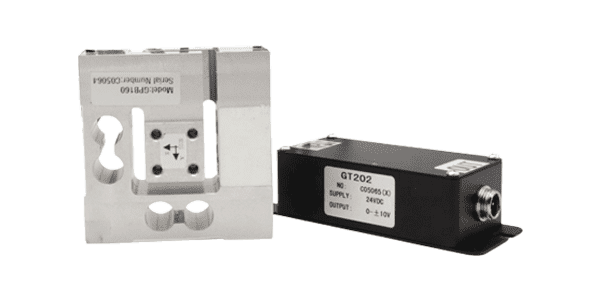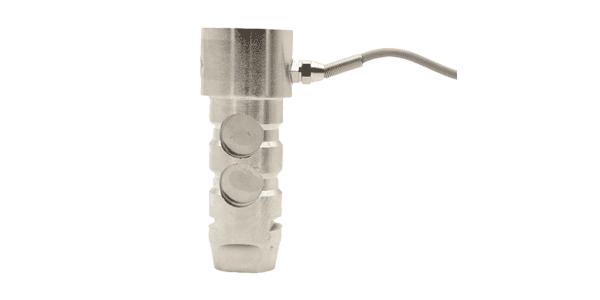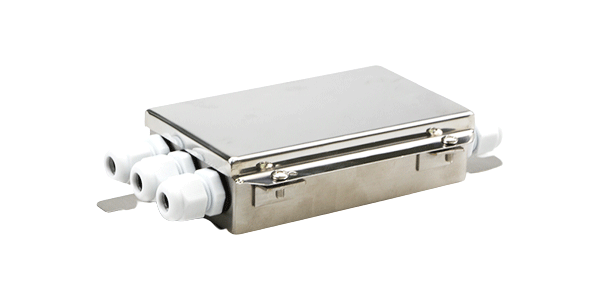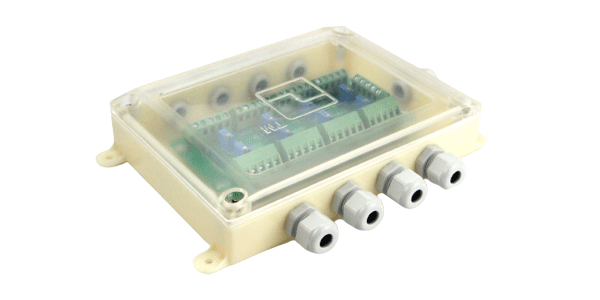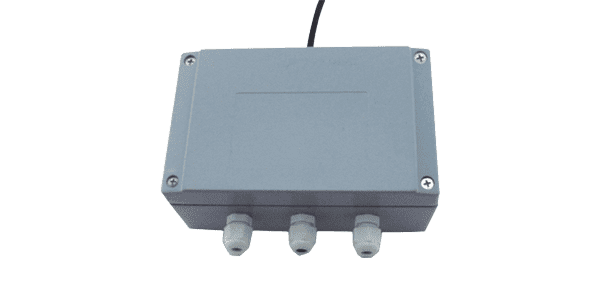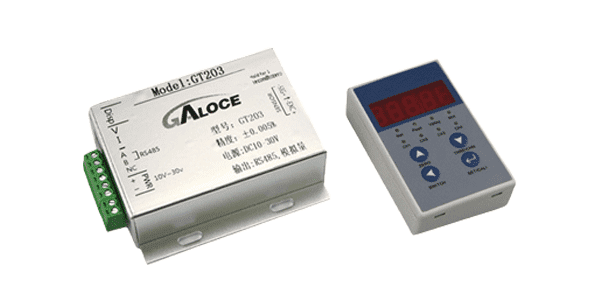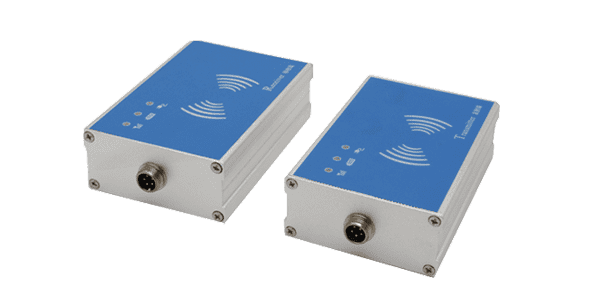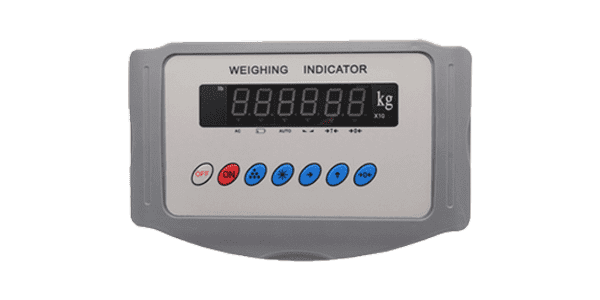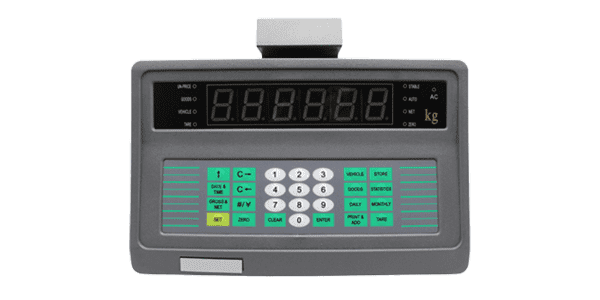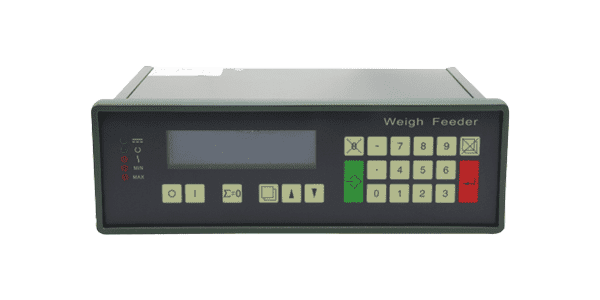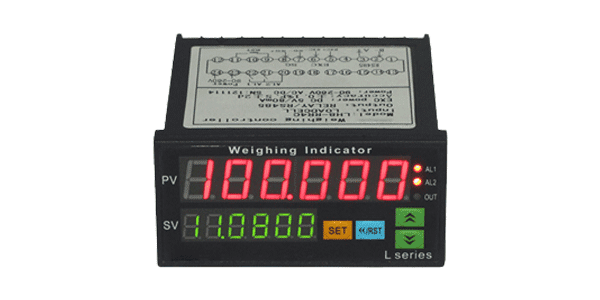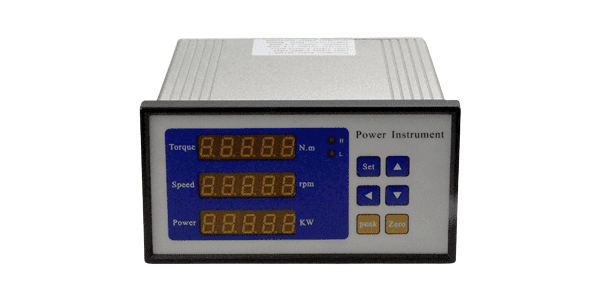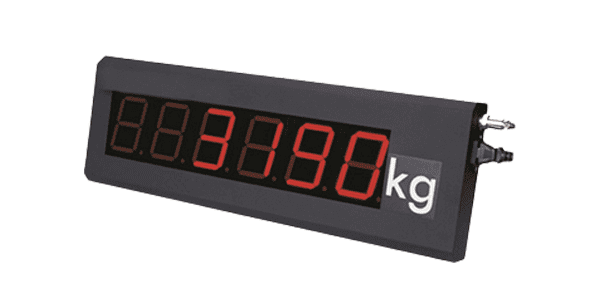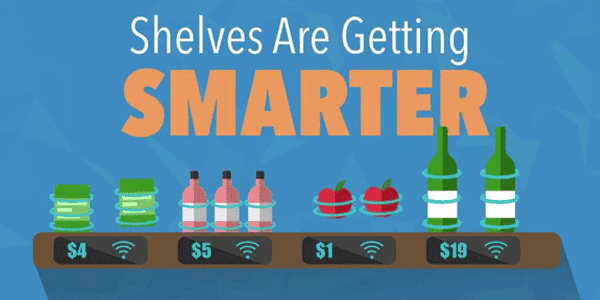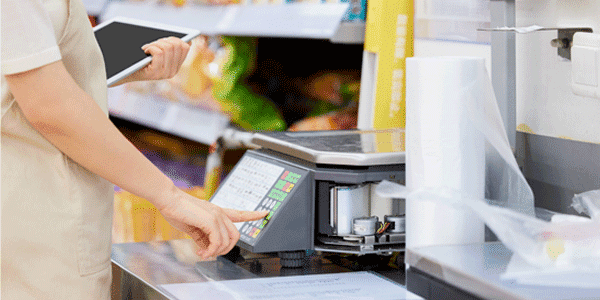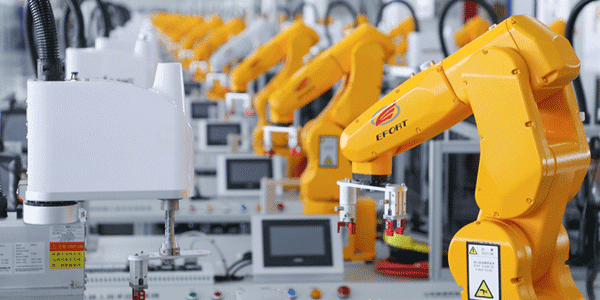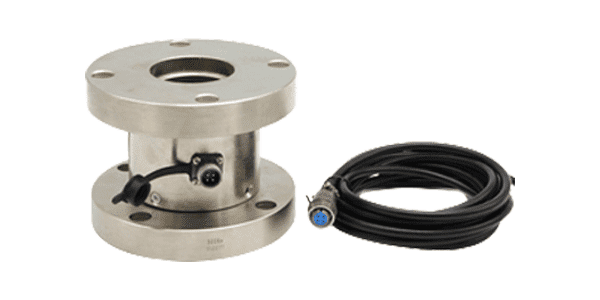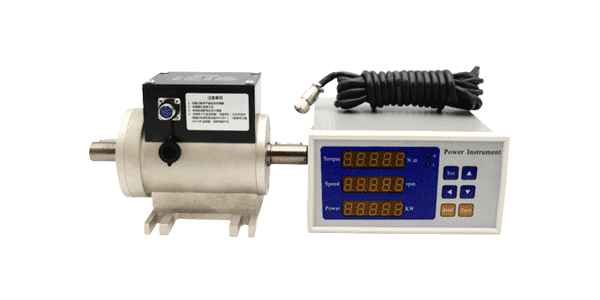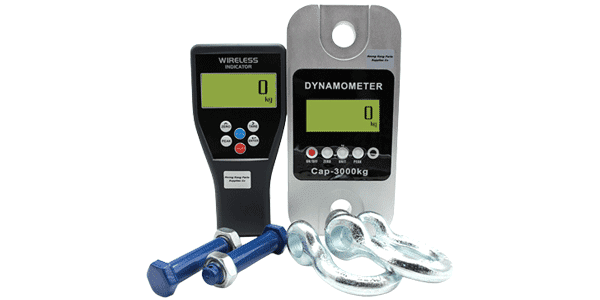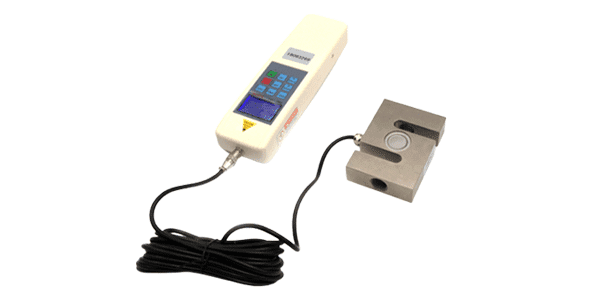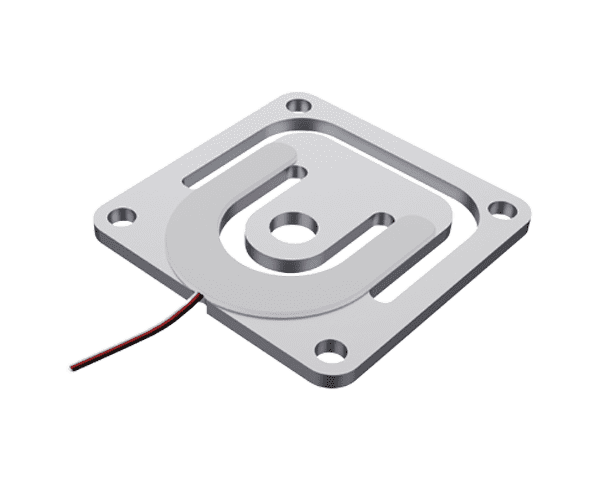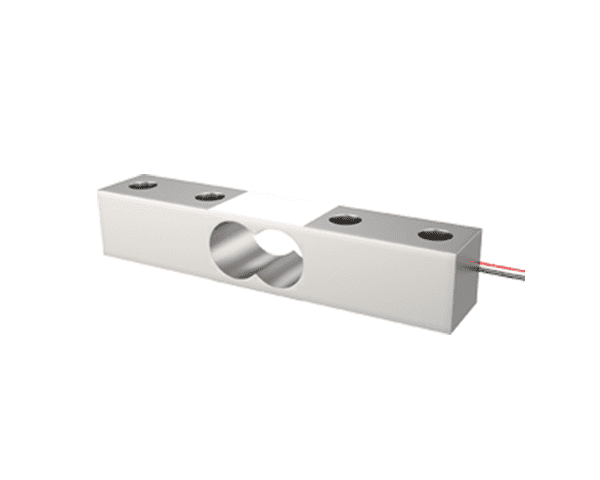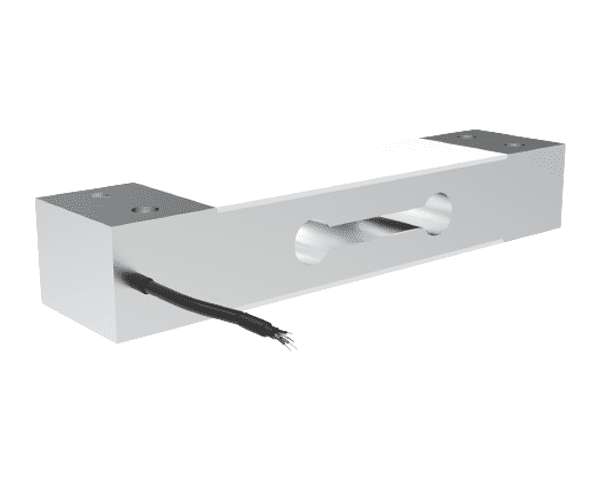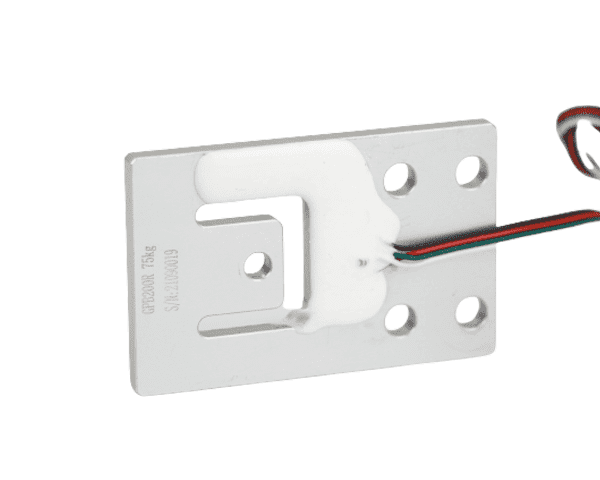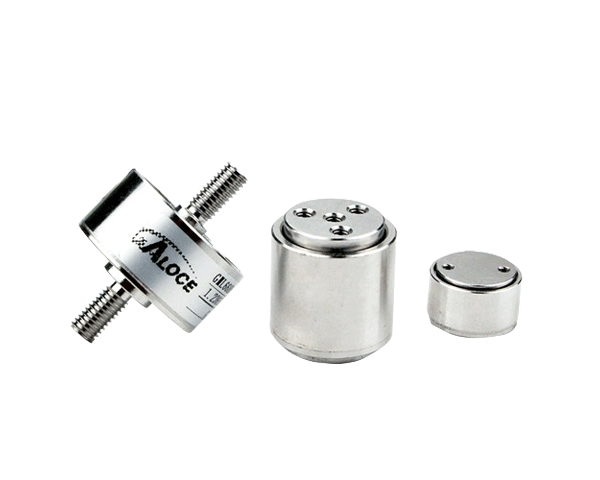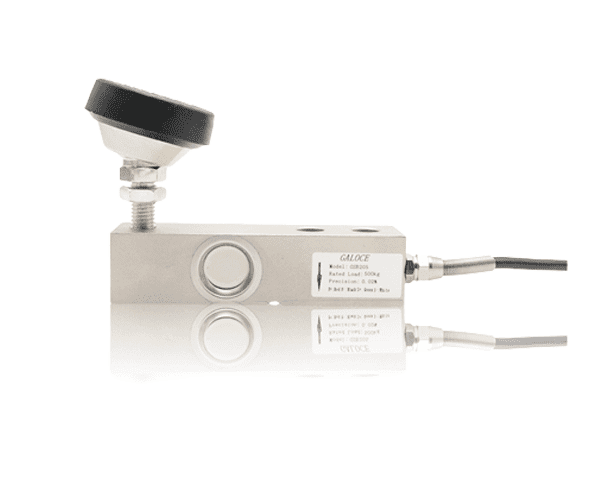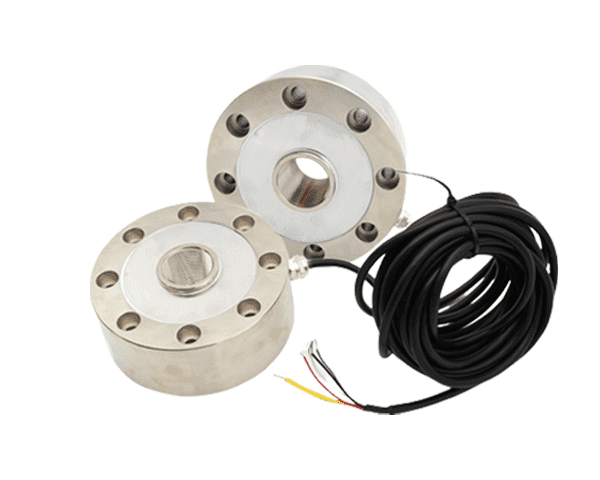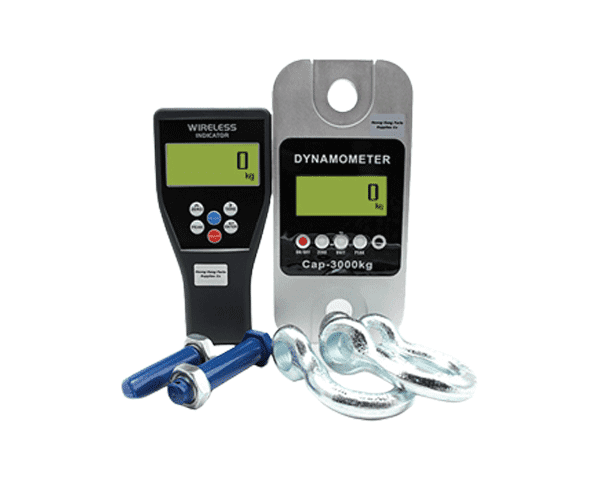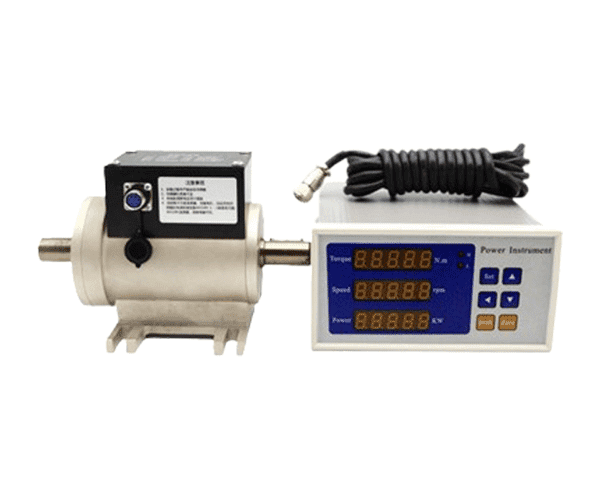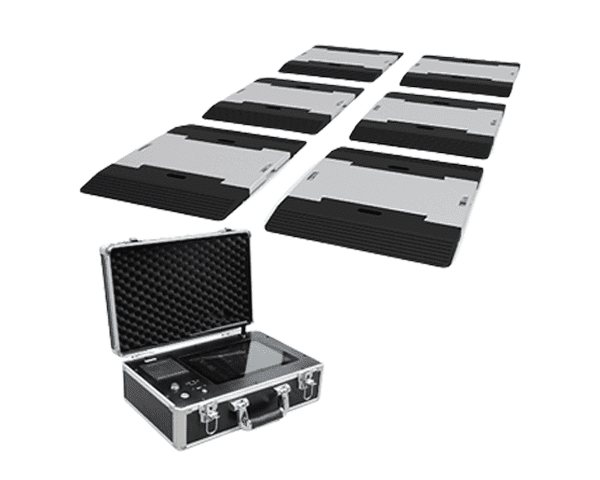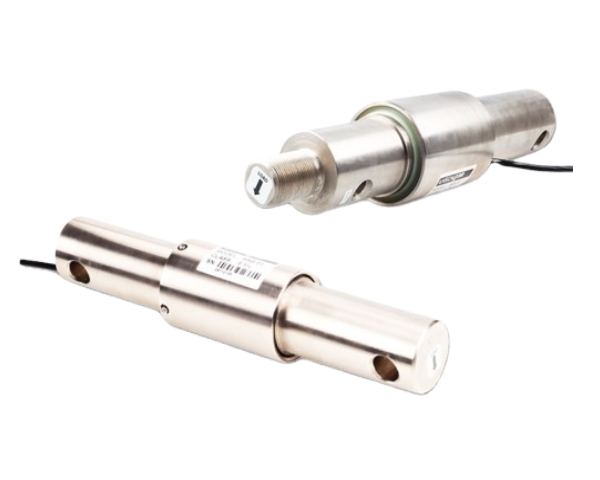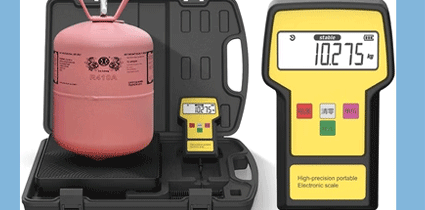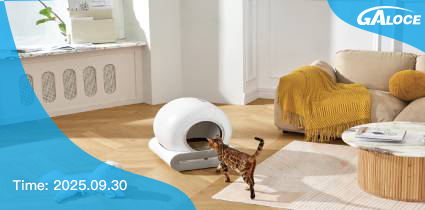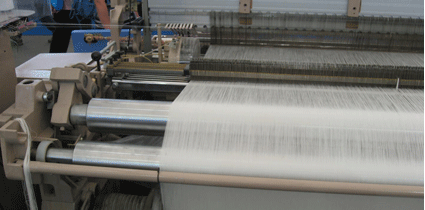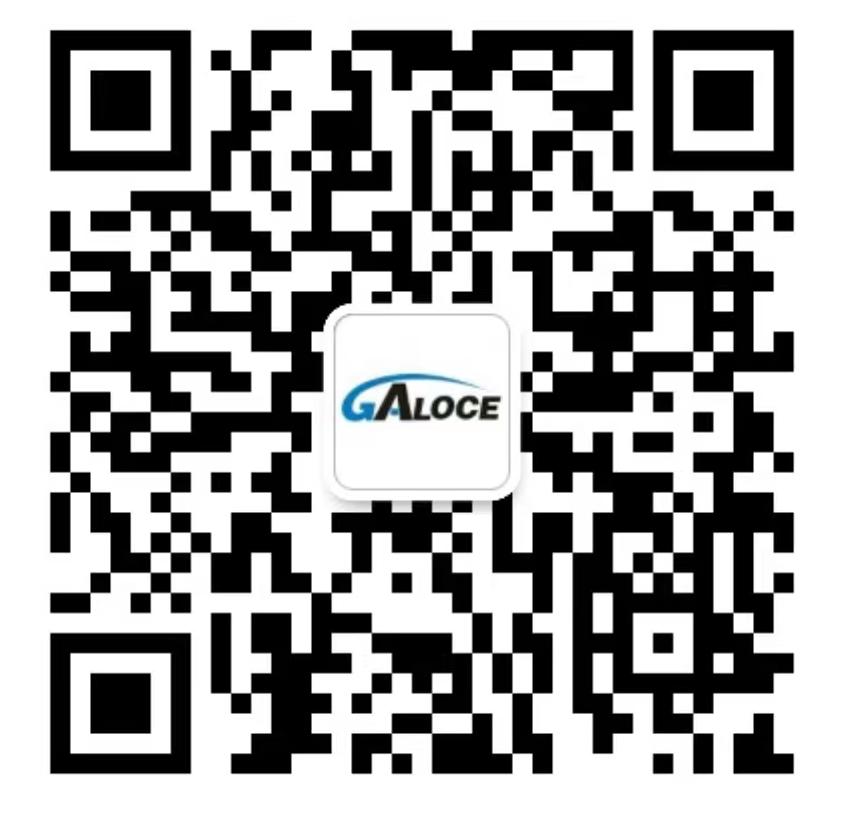This article takes you through the baby scale industry's evolution and current landscape, emphasizing how load cell technology boosts accuracy, functionality, and user experience. It covers the types of baby scales, key players, distribution channels, and demand drivers, while also touching on challenges like safety compliance and the need for ongoing innovation.
How is the Baby Scale Industry Evolving with Load Cell Technology?
You'll notice the baby scale industry has grown a lot lately, especially in other countries. These scales are super important for keeping track of your baby's growth and making sure they're healthy. The industry includes making, selling, and getting these scales to parents and doctors, offering different kinds for everyone's needs.
Overview of Baby Scale Types
Baby scales come in various forms, including:
-
Mechanical Scales: Traditional models that use springs to measure weight.
-
Digital Scales: Modern scales feature LCD displays that provide accurate readings and often include advanced functionalities.
-
Smart Scales: These scales connect to smartphones or tablets via Bluetooth or Wi-Fi, allowing parents to track their baby's growth over time.
The Role of Load Cells in Baby Scales
You'll find load cells are key in digital and smart baby scales. They turn the weight on the scale into an electrical signal to show the weight on the screen. Using load cells in baby scales offers:
-
High Accuracy: Load cells provide precise measurements essential for monitoring an infant's growth.
-
Durability: Designed to withstand repeated use, load cells ensure reliability over time.
-
User-Friendly Features: Many digital baby scales with load cells come equipped with tare functions to subtract the weight of blankets or clothing, enhancing measurement accuracy.
Key Players in the Industry
-
ABC Baby Scales: A renowned European manufacturer specializing in high-quality digital baby scales. Their products feature memory functions, weight conversion options, and easy-to-read LCD displays, catering to various age groups and weight capacities.
-
BabyWeigh: An American company known for its innovative BabyWeigh II Scale, which measures not only a baby's weight but also the amount of breast milk consumed during breastfeeding. This unique feature allows parents to monitor nutritional intake accurately.
Distribution and Sales Channels
The foreign baby scale industry involves a wide distribution network that includes:
-
Retail Stores: Both brick-and-mortar shops and online platforms offer a variety of baby scales from international brands.
-
Customer Support: Many retailers provide detailed product descriptions, customer reviews, and expert advice to assist parents in making informed purchasing decisions.
Driving Factors Behind Demand
Several factors are driving the demand for baby scales in foreign markets:
-
Emphasis on Infant Health: Parents and healthcare professionals increasingly recognize the importance of regular weight monitoring for infant health.
-
Convenience for Working Parents: The rise in dual-income households has led to greater demand for accurate and easy-to-use baby scales at home.
-
Globalization of Trade: E-commerce has made it easier for consumers to access a wide range of baby scales from different countries.
Challenges Facing the Industry
Despite its growth, the foreign baby scale industry faces several challenges:
-
Compliance with Safety Standards: Ensuring that baby scales meet international safety regulations is crucial for protecting infants.
-
Technological Advancements: The industry must continually innovate to keep pace with changing consumer preferences and technological advancements.
Conclusion
In conclusion, the foreign baby scale industry is a dynamic sector that plays a crucial role in monitoring infant growth and development. With reputable manufacturers like ABC Baby Scales and Baby Weigh leading innovation through load cell technology, this industry is well-positioned for further growth. As demand continues to rise due to increased awareness of infant health and convenience needs, the future looks promising for baby scale manufacturers and consumers alike.
